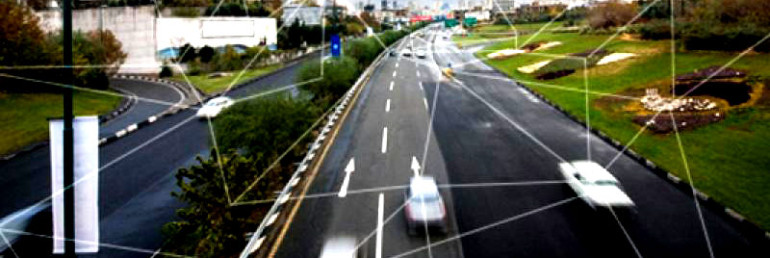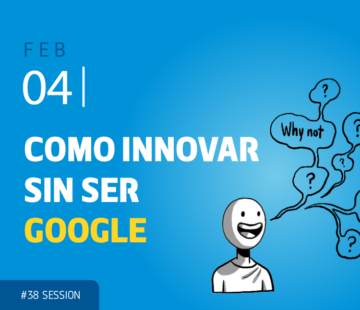Internet of Things will make my product less valuable than our product

Some experts suggest Internet of Things will change everything. “Everything” is a word too strong to completely agree with this statement, but we can be certain the announced advent of a new generation of smarter and connected products will redefine many industry boundaries. It will also reshape competition and, consequently, it will require companies understanding collaboration and co-innovation as a critical element for navigating successfully new and unknown territories beyond their century old traditional, siloed “zones of comfort”.
Internet of Things will mean a new wave of IT-driven competition in which IT is becoming an integral part of the product itself. Embedded sensors, processors, software, and connectivity in products not only will have the ability to reshape competition within an industry, but they can also reshape the very definition of many industries themselves.
In a world of powerful capabilities of smart and connected products, the function of one product could be highly optimized with other related products. Current competitive boundaries of an industry will have to wide to encompass a set of related products that together meet a broader underlying need. In this new context, single product manufacturers will have difficulty competing with multiproduct companies that can optimize product performance across broader systems. Internet of Things will consequently increase the need for entirely new and broader capabilities.
It will create new competitors and a new bases for competition on the other hand. New entrants are likely to emerge attracted by opportunities for differentiation and value-added services beyond products per se and by the ability to offer the new capabilities needed . Incumbent companies may find themselves threatened by this new context, cumbered by legacy products definitions, unable to abandon production of offers becoming commoditized, relegated to a role of OEM supplier. But worse, they may find themselves culturally entrenched in traditional ways of competing, unable to embrace the idea of their products becoming part of a broader product systems, preferring to protect their current strengths and profitable legacy parts, service or business models.
We think the organizational implications and challenges of a future IoT context will require embracing collaboration mindset and forgetting old ways of competing. We have already wrote about alliances that not so long ago could be considered unexpected in a traditional market as it is automobile. Open Automotive Alliance (OAA) is another good example of these new types of partnerships. With OAA, carmakers as General Motors, Honda, Audi, Hyundai and others joined forces with companies as Nvidia and of course founding member Google to utilize Android operating system for their vehicles. The Alliance is based on the idea that auto OEMs lack the specialized capabilities needed to develop a robust embedded operating system to deliver a proper user experience while enabling an ecosystem of developers to build applications.
